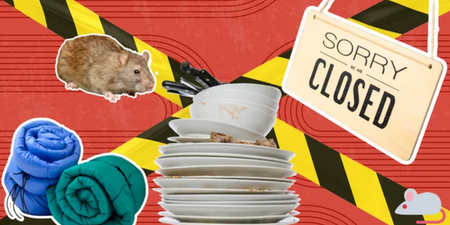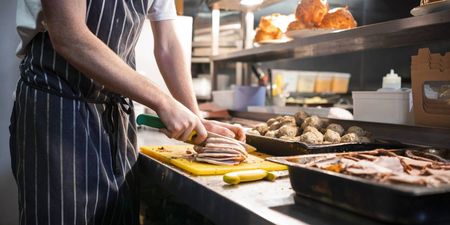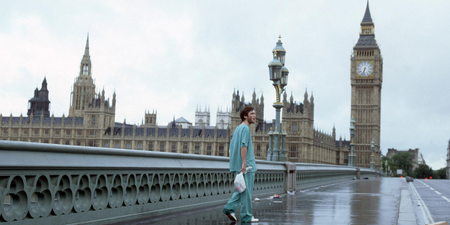“Anyone who is selling food must register with or have their business approved by a competent authority and abide by food law.”
Five Closure Orders and two Prohibition Orders were served on food businesses during the month of July, according to the Food Safety Authority of Ireland (FSAI).
The food businesses were issued with the orders for breaches of food safety legislation, pursuant to the FSAI Act, 1998.
The Closure and Prohibition Orders were issued by environmental health officers in the Health Service Executive (HSE) and authorised officers in the FSAI.
Five Closure Orders were served under the FSAI Act, 1998 on:
- AIM Cash & Carry (Closed activity: all food sales), Unit 20, Robinhood Industrial Estate, Clondalkin, Dublin 22
- Londis (Closed Areas: The deli counter, the butcher counter and preparation rooms and store rooms off the deli/butcher counters), 38 Fassaugh Avenue, Cabra, Dublin 7
- Teddy’s Ice Cream (Closed area: food and packaging storage unit at the side of the premises only), East Pier Battery, Dun Laoghaire Harbour, Dun Laoghaire, Co. Dublin
- WW Poultry (Cold Store), Unit 24 Orion Business Centre, Northwest Business Park, Ballycoolin, Dublin 15
- Indian Prince (Restaurant/Café), Unit 16, Kilminchy Court, Portlaoise, Co. Laois
Two Prohibition Orders were served under the FSAI Act, 1998 on:
- WW Poultry (Cold Store), Unit 24 Orion Business Centre, Northwest Business Park, Ballycoolin, Dublin 15
- AD Cash and Carry Limited (Wholesaler/Distributor), Unit 4, St James Industrial Park, Kylemore Way, Inchicore, Dublin 8
More details on the closure orders are available on the FSAI website here.
According to Dr Pamela Byrne, Chief Executive, FSAI, they have also identified some food businesses operating outside of the law that were not registered or approved and therefore, were selling food with no regulatory oversight for food safety and consumer protection.
Byrne said the authority had also identified some food businesses who were not registered or approved and were selling food with no regulatory oversight for food safety and protection.
“A number of serious incidents have been identified where authorised officers found people operating out of food premises or vehicles where no adherence to basic food safety and hygiene practices where in place,” Dr Byrne said.
“A food business was found transporting unrefrigerated meat and meat products in the boot and back seat of a car.
“On another occasion, a wholesale business was operating in filthy conditions with unfit and out of date food, whilst another establishment had a significant level of unlabelled and untraceable food on its premises.
“In all these cases, authorised officers used enforcement powers to mitigate the risk to consumers from these business operations.”
Dr Byrne said she was concerned that this behaviour could be indicative of a trend of “unscrupulous operators” seeking to make profit at the expense of public health.
“Anyone who is selling food must register with or have their business approved by a competent authority and abide by food law,” she said.
“This is to protect consumers’ health in relation to food as each registered/approved business then comes within the food safety inspection process.
“Consumers have a right to safe food and bogus operators seeking to make a quick profit at the risk of potentially making consumers sick or selling non-compliant or fraudulent foodstuffs will be pursued through the legal powers.”
LISTEN: You Must Be Jokin’ with Aideen McQueen – Faith healers, Coolock craic and Gigging as Gaeilge





















































